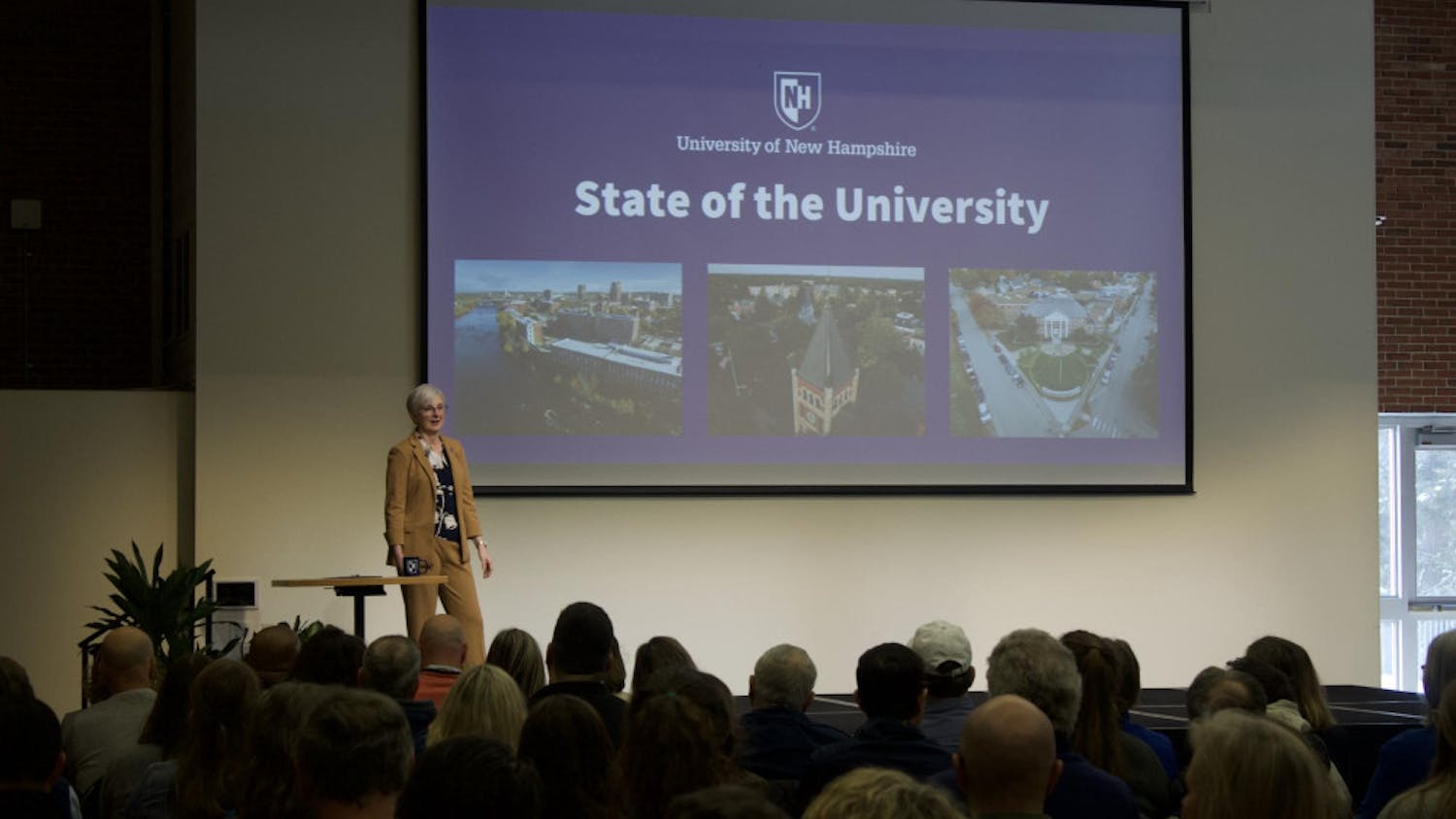After the University of New Hampshire (UNH) released their coronavirus (COVID-19) testing information on Feb. 10 via their COVID-19 Lab Testing Dashboard, Senior Vice Provost of Student Life Kenneth Holmes sent out a video message to the university community addressing the increased quarantine and contact tracing numbers.
According to the dashboard, there have been 189 positive tests in the first nine days of the spring semester (Feb. 1-Feb. 9), with there being over 15 positives on six of those days. The highest single day of positive tests came on Tuesday, Feb. 9 when there were 75 positive results, with two of them being staff members.
In the video, Holmes emphasized that the rising COVID-19 numbers at UNH have put a tremendous amount of stress on both Adams Tower West and Babcock Hall, the dorms that are being utilized to house both positive and contact-traced students.
“We are seeing the consequences of COVID fatigue with increases of the number of students in quarantine and isolation,” Holmes said. “Just recently, one positive case had 19 [close] contacts. That’s putting a strain on our quarantine housing.”
Due to the limited space in Babcock Hall, the university is no longer giving off-campus students the opportunity to quarantine there. These students will have to either have to quarantine at their current residence, or they can go home if they have an alternative permanent place of residence.
“As a result, effective immediately, students living off campus will have to quarantine in place if they are designated as a close contact until further notice,” Holmes said. “Only students living in campus housing will have quarantine housing. This policy does not apply to isolation housing at this time.”
UNH implemented new updates to the Wildcat Pass for the spring semester, including a QR code that ensures that the pass is valid at the time of scanning it. These updates haven’t resulted in an improved positivity rate on campus, as it currently sits at 0.79%. To finish the fall semester, UNH had similar COVID-19 complications, but the positivity rate never got above 0.60% (0.57% on November 18). The university’s answer to the conundrum seems to be integrating more restrictions on campus, including in Dimond Library.
“Beginning next week, you will not be able to access the Dimond Library without your UNH ID card, which is linked to your Wildcat Pass,” Holmes said.
To ensure that you will be able to access buildings on campus and stay compliant with the university’s COVID-19 guidelines, Holmes highlighted the significance of student IDs. “If you are not able to locate your ID, or you’re concerned that your magnetic strip does not work, please visit the [Memorial Union Building] room 211, Monday through Friday, 8 a.m. to 4:30 p.m.”
When wrapping up his address to the UNH community, Holmes reemphasized the importance of wearing masks, face coverings, as well as limited individual close contacts.
Photo courtesy of the Union Leader.












